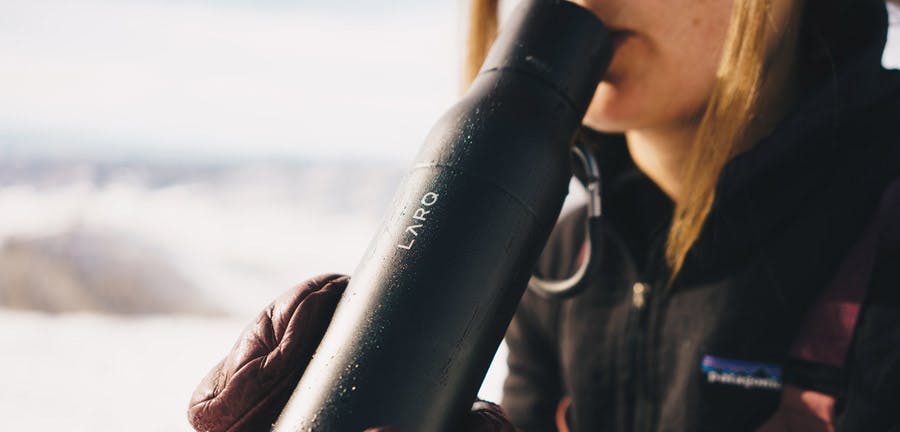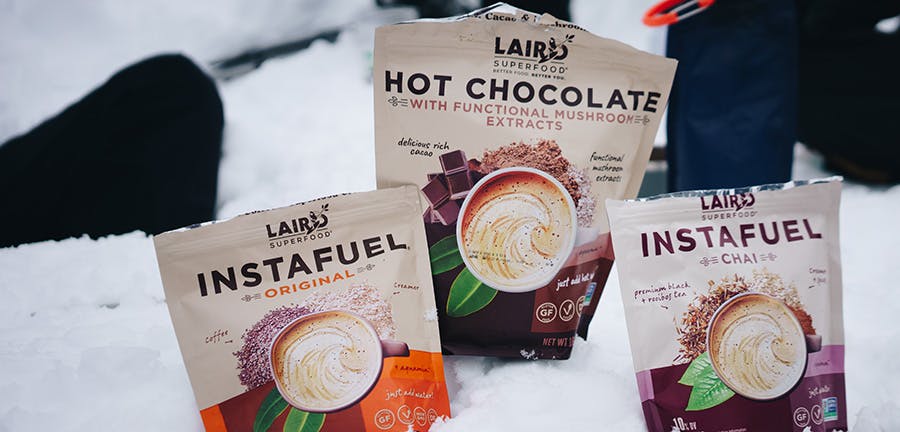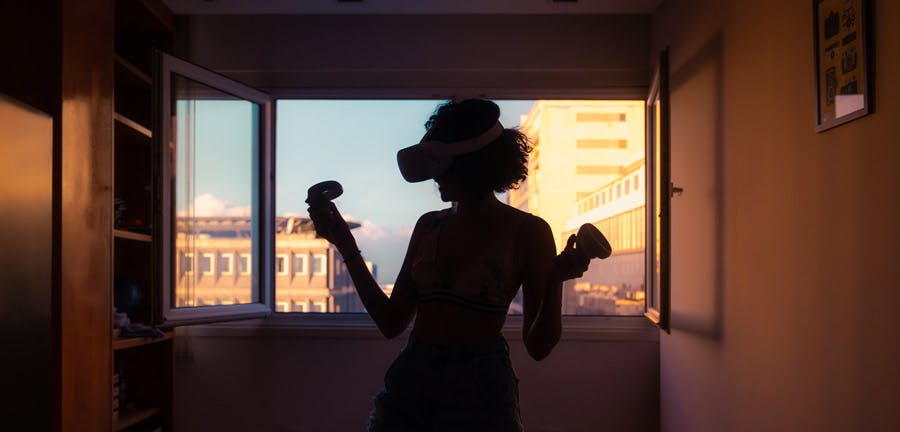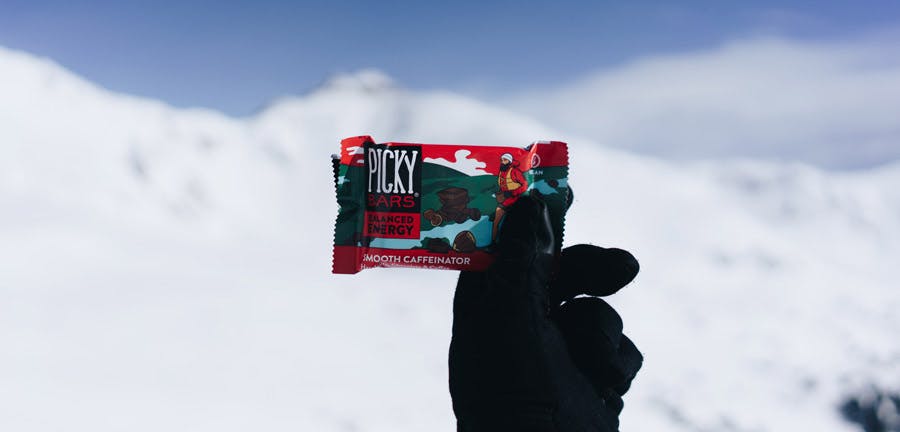Wilderness, Described by 5 Famous Authors
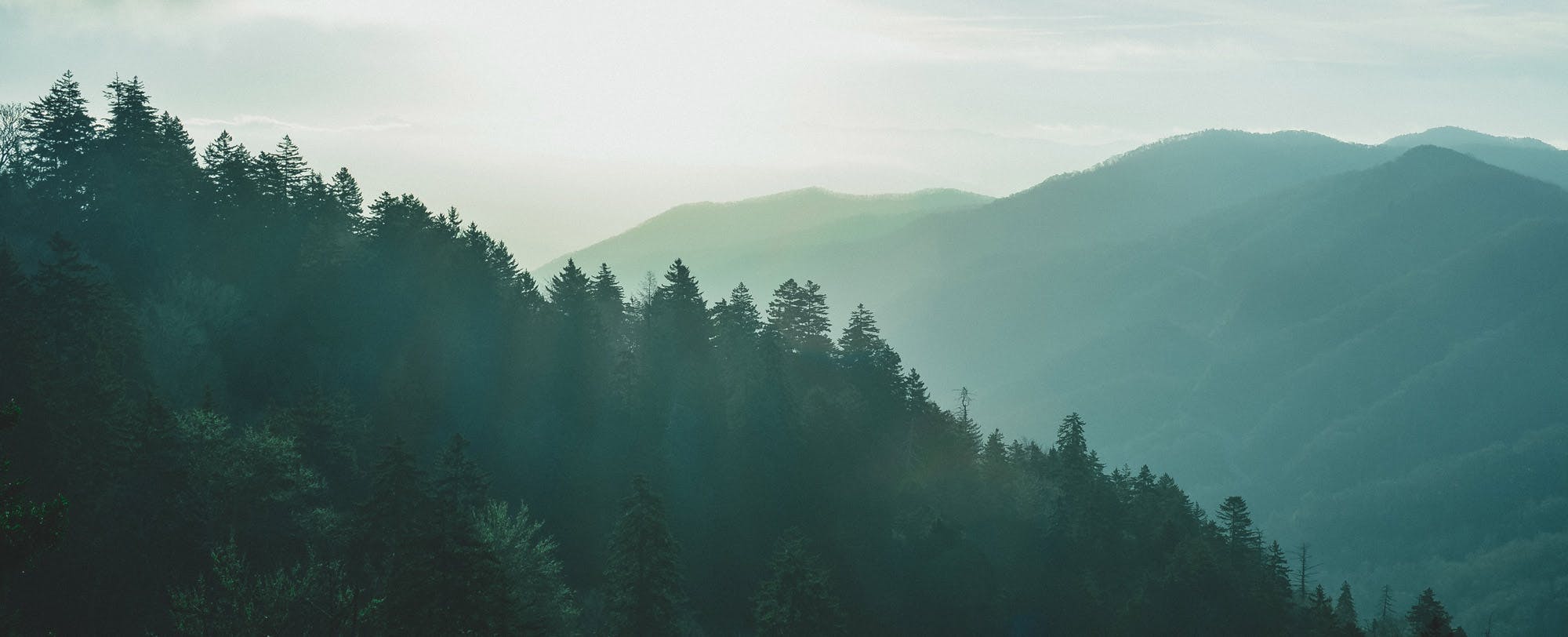
What would we do without wilderness? Why do we need National Parks and Forests?
Words from these 5 famous authors not only help to answer those questions, but are also guaranteed to get you stoked for your next two adventures: to the bookstore, and to your closest National Park.
Edward Abbey (1927-1989)

Abbey’s time as a park ranger in Arches National Park, Moab, UT, provided the inspiration for Desert Solitaire, arguably the greatest wilderness book of all time. An avid and aggressive environmentalist, he went so far as to push heavy machinery over a cliff in protest of destruction of the places he loved (LINK: http://wrenched-themovie.com/).
“No more cars in national parks. Let the people walk. Or ride horses, bicycles, mules, wild pigs—anything—but keep the automobiles and the motorcycles and all their motorized relatives out. We have agreed not to drive our automobiles into cathedrals, concert halls, art museums, legislative assemblies, private bedrooms and the other sanctums of our culture; we should treat our national parks with the same deference, for they, too, are holy places.”
-Desert Solitaire
Henry David Thoreau (1817-1862)

Though Henry David Thoreau died ten years before the inauguration of America’s first National Park, his theories and dedication to the natural world to this day fuel those who love the simplicity and beauty of the wilderness.
“We need the tonic of wildness...At the same time that we are earnest to explore and learn all things, we require that all things be mysterious and unexplorable, that land and sea be indefinitely wild, unsurveyed and unfathomed by us because unfathomable. We can never have enough of nature.”
-Walden
John Muir (1838-1914)

The founder of the Sierra Club, Muir is referred to by many as the “Father of Our National Parks System.” This profound naturalist’s writings show how wild, natural places are as much as necessity for the human spirit as basic sustenance.
“Thousands of tired, nerve-shaken, over-civilized people are beginning to find out that going to the mountains is going home; that wildness is a necessity; and that mountain parks and reservations are useful not only as fountains of timber and irrigating rivers, but as fountains of life.”
-Our National Parks
Bill Bryson (1951-present)

Travel writer Bill Bryson is as comfortable city-hopping as he is roughing it. Through poignant comedy and tell-it-like-it-is prose, he paints a picture of American landscapes so alive and approachable that makes it hard to resist packing up everything (including a Bryson book), and heading to your closest National Park.
“At the foot of the mountain, the park ended and suddenly all was squalor again. I was once more struck by this strange compartmentalization that goes on in America — a belief that no commercial activities must be allowed inside the park, but permitting unrestrained development outside, even though the landscape there may be just as outstanding. America has never quite grasped that you can live in a place without making it ugly, that beauty doesn’t have to be confined behind fences, as if a national park were a sort of zoo for nature.”
-The Lost Continent
Cheryl Strayed (1968-present)

Cheryl Strayed’s Wild, recent revitalized by a feature film, is a testament to the power of the wilderness that National Parks were built to preserve. It proves that wildernesses can strengthen and challenge us, mystify and daunt, but ultimately: they can heal.
“Because the lake is so pure and deep, it absorbs every color of visible light except blue, so it reflects pure blue back to us,” said a stranger who stood beside me, answering the question I’d nearly uttered out loud in my amazement.
“Thanks,” I said to her. Because the water was so deep and pure it absorbed every color of visible light except blue seemed like a perfectly sound and scientific explanation, and yet there was still something about Crater Lake that remained inexplicable. The Klamath tribe still considered the lake a sacred site and I could see why. I wasn’t a skeptic about this. It didn’t matter that all around me there were tourists taking pictures and driving slowly past in their cars. I could feel the lake’s power. It seemed a shock in the midst of this great land: inviolable, separate and alone, as if it had always been and would always be here, absorbing every color of visible light but blue.”
-Wild

